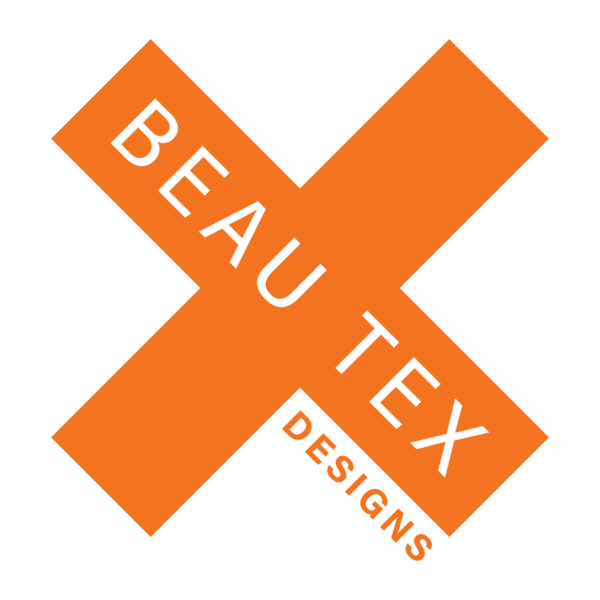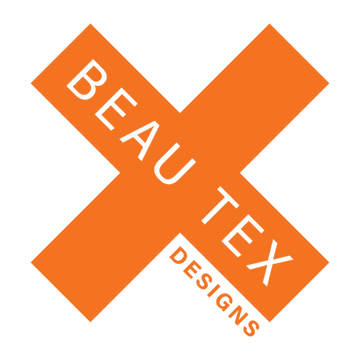SUPPLY CHAIN SOLUTIONIST
Workwear is a major contributor to pollution and environmental damage, and too many industries are turning a blind eye.
At BeauTex Designs we believe we have have a responsibility to give back and ensure that our profit for purpose business model is positioned to support both people and the planet.
We are always working to improve our manufacturing practices and find new innovative ways to be more sustainable and environmentally friendly.
We know we aren't perfect, no one is, but we are passionately committed to continued improvement and making a positive impact at every step of the supply chain as we grow.
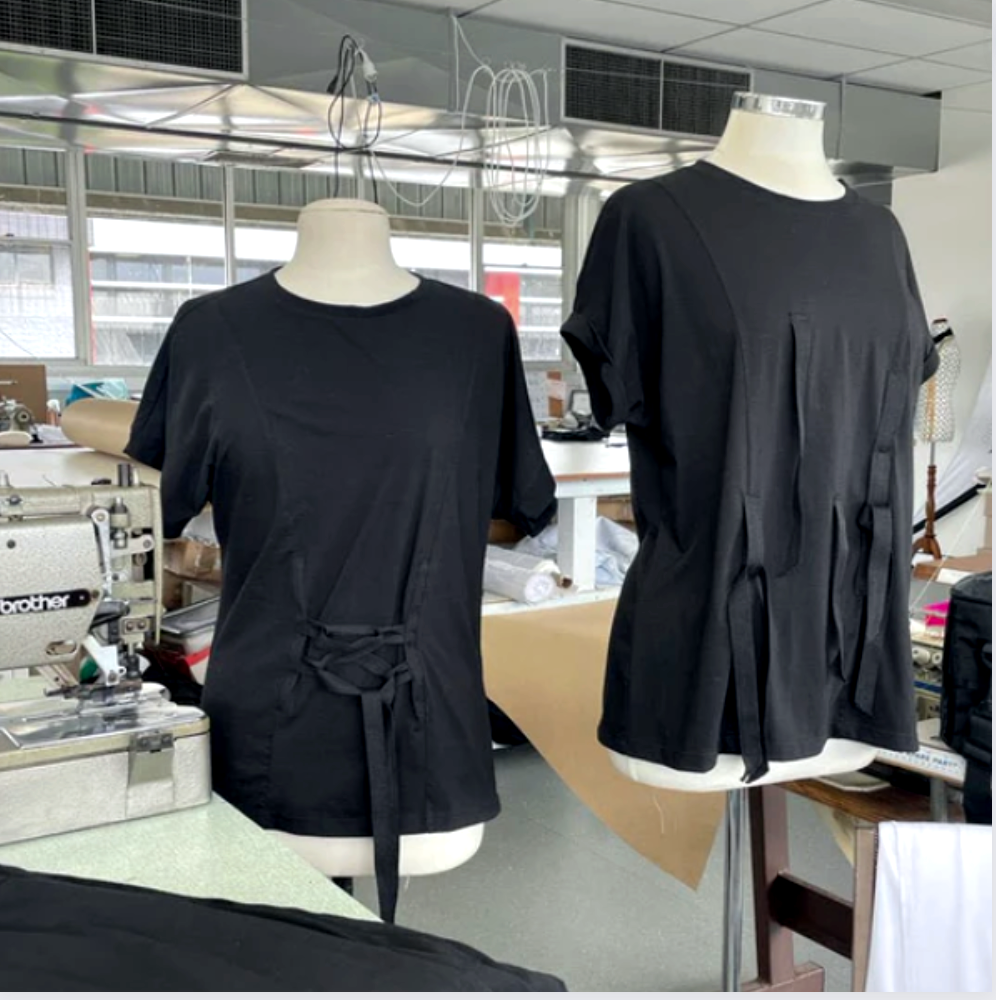
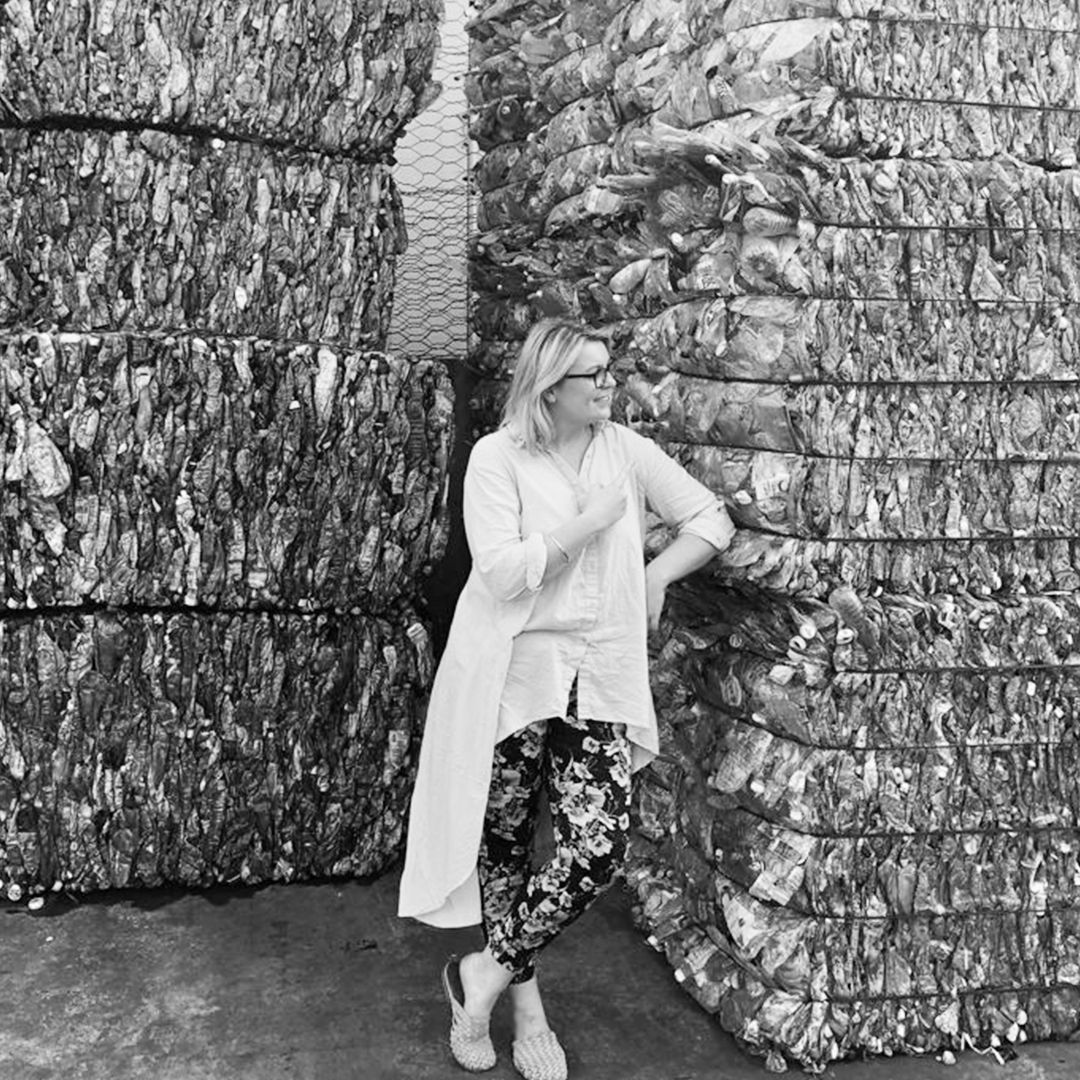
Our main focus is ensuring that the sustainability of our products benefit everyone in our supply chain including the communities that we manufacture in, not just our business.
We provide awareness and education through our products about responsible consumption and production by bringing awareness to the supply chain, providing sustainable solutions and fostering partnerships that give back in alignment with the United Nations 17 Sustainable Development Goals (SDGs)..
Specifically, the SDG #8 for Decent Work and Economic Growth and the SDG#12 for Responsible consumption and production.
With our wholesale and retail manufacturing model we've partnered with multiple brands in different industries and this diversity allows us to spread our massage far and wide as we conytinue to educate consumers and corporations at every stage of the process.
We do this through partnering with like-minded brands who share our vision for a more sustainable supply chain to produce their promotional wear.
Every order allows us to improve the process, support more social enterprises and not for profit organisations, and divert more waste from landfill and oceans that also save more emissions.
With the end goal of having a greater impact and raising the standards for better manufacturing practices globally.
"Policies alone don’t create change; people’s actions make the change."
